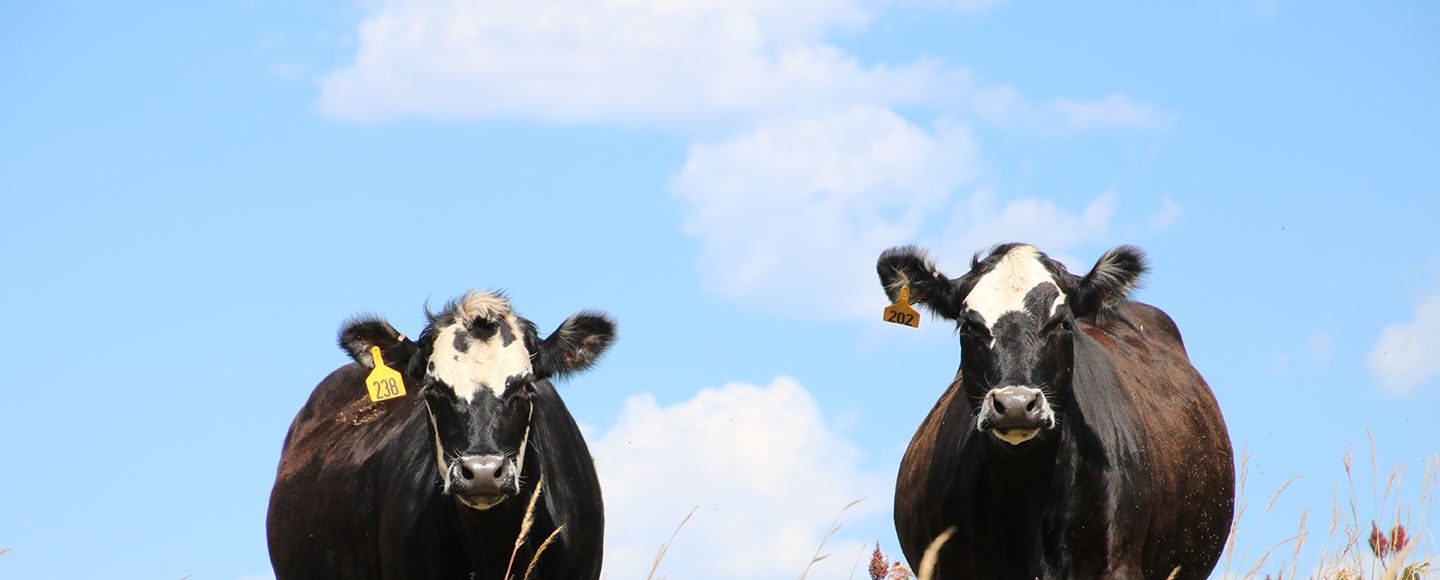
Last week, President Donald Trump signed an executive order to implement reciprocal tariffs on imported goods to address trade practices that contribute to the ever-increasing annual trade deficit. According to the order, a 10% tariff will be applied to imported goods from all countries April 5, while individualized reciprocal higher tariffs will be placed on items from countries with which the U.S. has the largest trade deficits. These tariffs will remain in effect until the president determines the threat posed by the trade deficit and the underlying nonreciprocal treatment is satisfied, resolved or mitigated. Goods traded in compliance with the U.S.-Mexico-Canada Trade Agreement, including beef and cattle, will be exempt from tariffs.
Currently, numerous countries impose tariff and non-tariff trade barriers on American beef. For example, Australia has sold roughly $29 billion of beef to American consumers over the past 20 years. Meanwhile, Australia has used non-scientific barriers to effectively exclude fresh U.S. beef from their market. Vietnam places a 30% tariff on U.S. beef and Thailand applies a 50% tariff. The European Union also places numerous non-scientific restrictions on American beef, limiting market opportunities. Additionally, Brazil and Paraguay have a history of foot-and-mouth disease but, despite overwhelming evidence of their animal health risk, the Biden administration continued to allow U.S. market access to both countries.
NCBA is working closely with the Trump administration to address trade concerns and will continue to push for more opportunities to sell beef abroad.